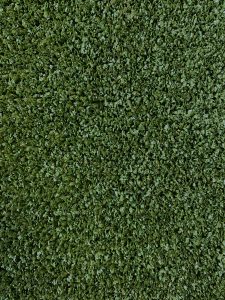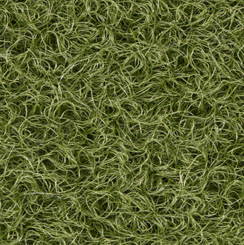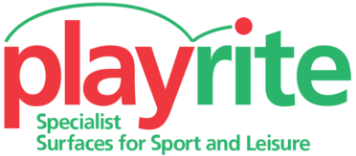Merchant Taylor School



Artificial surfaces offer realistic play with significantly lower maintenance costs than a natural grass wicket. The three main types of artificial cricket pitch surface are woven, tufted and needlepunch and because we manufacture all three of these surfaces, we are the only supplier able to offer impartial advice, but we strongly recommend a woven surface for cricket.
The reasons we recommend a woven surface are:


Artificial Cricket Pitches offer realistic play with significantly lower maintenance costs than a natural grass wicket. The three main types of artificial cricket pitch surface are woven, tufted and needlepunch and we manufacture all three from our factory in West Yorkshire.
We strongly recommend a woven surface for the following reasons:
Whichever surface you choose, we also recommend a shock pad is installed underneath to protect the playing surface and improve the comfort of those playing on it.
The manufacturing processes vary between the different surfaces, but all are made at our factory in West Yorkshire, and we are ISO9001 and ISO14001 accredited. Our woven surfaces are manufactured with a non-directional pile for realistic play characteristics.
There are many things to consider when installing an artificial cricket pitch, of which the following are some of the more important ones:
We manufacture our pitches in the UK and they are installed right across the country. Many have even been installed in other parts of the world. Here are some more reasons why you should consider working with us:
With a global distribution network, Playrite can export their surfaces abroad. To find out more about Playrite’s exporting capabilities, please click here.
Playrite work with numerous consultants who specialise in the design of dynamic sports bases and by amending a client’s specification slightly, anything can be possible.
Maintenance is an important part aspect with any synthetic surface, not just to enhance the visual aspect of the surface, but also to enable consistent playing performance throughout its life span. Artificial surfaces are cheaper to maintain that natural grass pitches. You must consider the costs involved in providing equipment and labour to maintain your surface against the cost to employ a company to carry out routine maintenance visits every month or quarter – dependent upon your type of surface.
Our needlepunch surfaces are all weather and can be used all year round. Needlepunch is the most durable method and will drain faster than a conventional tufted surface. It is not recommended to remove snow from the surface, however a synthetic surface will generally thaw quicker than hard surfaces such as tarmacadam.
Playrite Synthetic Surfaces
Wellington Mills
Liversedge West Yorkshire
WF15 7FH
United Kingdom








Privacy & Cookie Policy
Environmental Policy
Playrite (A Division of National Floorcoverings)
